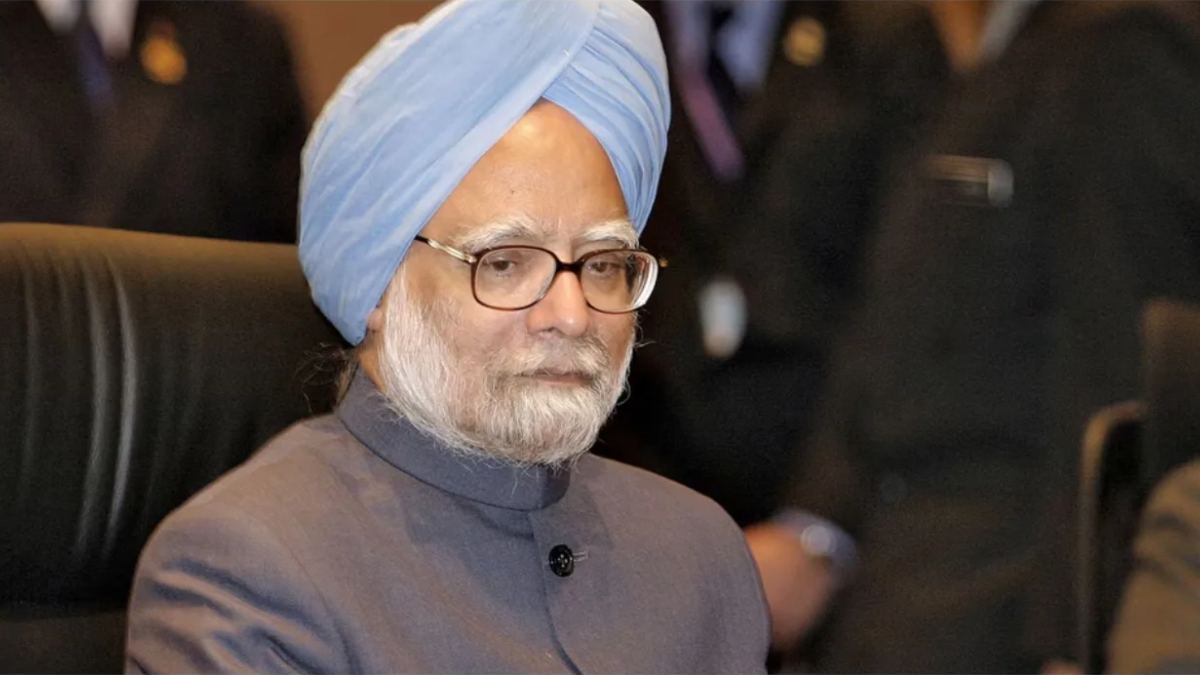It is with heavy hearts that the nation mourns the passing of one of its most respected leaders, Dr. Manmohan Singh, who left us on a poignant Thursday evening. A luminary in Indian politics and an economic visionary, Dr. Singh’s journey came to an end at AIIMS, Delhi, where he had been receiving treatment for persistent health issues following multiple bypass surgeries. Born on September 26, 1932, Dr. Singh’s life was a testament to dedication and service, having served as the Prime Minister of India twice. Yet, beyond his tenure as Prime Minister, it is his unparalleled contribution to India’s economic transformation that people hold in the highest regard.
The Architect Of Economic Liberalization
Dr. Manmohan Singh is hailed as the father of economic liberalization and reforms in India. In a historical stride back in 1991, the very year he entered the Rajya Sabha on a Congress ticket, he introduced transformative economic policies that opened the country’s closed economy to the global market. As the Finance Minister, Dr. Singh took bold steps to dismantle decades-old barriers, ushering India into a new era of economic progress. This pivotal year not only redefined the Indian economy but also set a foundation for future growth.
An Unyielding Spirit In Political Prowess
After serving as the Finance Minister until 1996, Dr. Singh faced electoral challenges, including a defeat in the 1999 Lok Sabha elections. Undeterred, his resilience led him to ascend as the 13th Prime Minister of India in 2004 under the United Progressive Alliance (UPA) government. He not only completed his term but went on to serve a second term from 2009 to 2014. His leadership, marked by steadfastness and a calm demeanor, saw India through critical times on the global stage.
Also Read: Former Prime Minister Manmohan Singh Passes Away At 92, Breathes His last In Delhi AIIMS
Reviving the Economy: Tax Cuts and Foreign Investments
Among his many accomplishments during his tenure, Dr. Singh’s efforts to eliminate the bureaucratic ‘Licence Raj’ stand out. He worked tirelessly to lower taxes and encourage foreign investments, spearheading an era often referred to as the golden phase of Indian economic growth. His collaboration with then Finance Minister P. Chidambaram in 2004 brought about significant economic reforms that bolstered India’s global standing.
India mourns the loss of a stalwart. Manmohan Singh’s legacy as a scholar-statesman and his unwavering commitment to economic revival will always inspire us. #RIPManmohanSingh #Legacy
— India Live News (@indialivenews) December 26, 2024
More Than A Leader – A Legacy
Dr. Singh’s demeanor was often described as humble and soft-spoken, yet he carried an aura of wisdom and intellect that was acknowledged not just domestically but globally. He was more than just a politician; he was an academic, an economist, and above all, a servant of the people. His policies enabled millions of Indians to dream bigger and aspire to a better quality of life.
As India reflects on the profound impact of Dr. Singh’s work, his legacy continues to inspire future generations to pursue economic progress blended with social justice. His vision and tenacity laid the groundwork for subsequent economic frameworks that have propelled India into the league of global economic players.
Today, we don’t just mourn a leader; we celebrate the life of a man whose courage and austerity shaped an entire era of Indian policy-making. In his passing, the heart of India beats with gratitude and a promise to carry forward his invaluable contributions to the nation.
Also Read: Manmohan Singh: The Man Who Shaped India, And The Family That Carried His Legacy












